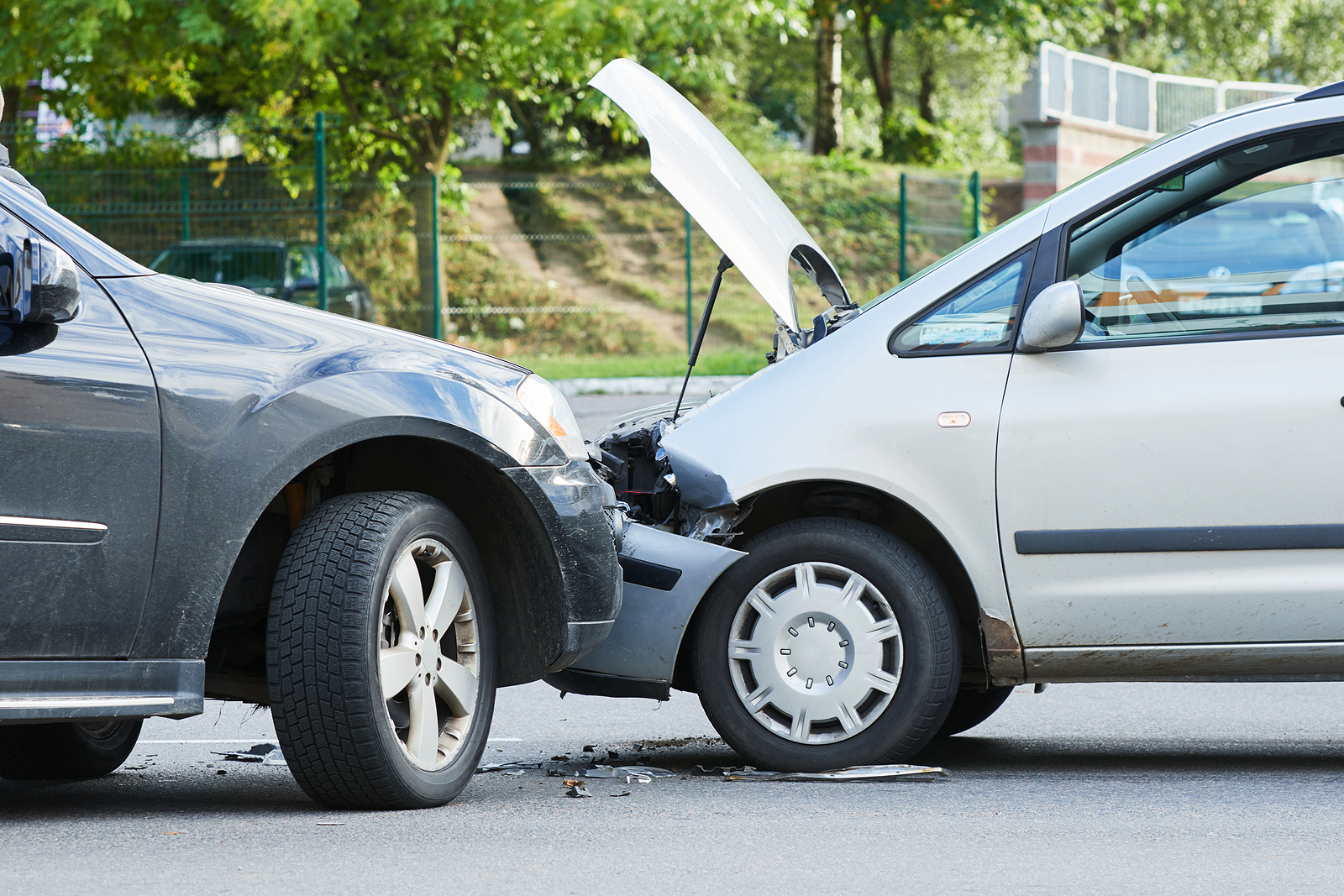Punitive damages are probably the most controversial, and misunderstood, category of damages in America today. Much of the tort reform that has occurred in Georgia and around the country the past two decades has focused on the role punitive damages play in our civil justice system.
In Georgia, punitive damages are usually a factor in civil cases involving DUI accidents, intentional torts, or other types of behavior that is more than just mere negligence. The statute, O.C.G.A. § 51-12-5.1 outlines when punitive damages are appropriate in Georgia, and when they may be capped or uncapped.
What is the purpose of punitive damages?
Punitive damages are monetary damages that may be awarded by a jury to punish the defendant. The purpose is to send a message to the at-fault party and other like-minded individuals, that their behavior is not tolerated by our society. While criminal consequences are not available in civil courts, a civil jury can award punitive damages to penalize the defendant to deter future conduct.
When may a jury award punitive damages?
Punitive damages are usually involved in cases where the defendant has been more than negligent, such as an intentional tort or wildly reckless behavior. The statute defines the standard as “…clear and convincing evidence that the defendant’s actions showed willful misconduct, malice, fraud, wantonness, oppression, or that entire want of care which would raise the presumption of a conscious indifference to consequences.” O.C.G.A. § 51-12-5 (b). In other words, really reckless or downright bad behavior. For example, getting behind the wheel of a car while intoxicated and causing a DUI accident.
How much can a jury award in punitive damages?
Under most scenarios, the punitive damages in a case are capped at $250,000. However, there is a specific exception to the cap for defendants acting with the specific intent to cause harm, such as an assault, battery or fraud. O.C.G.A. § 51-12-5.1(f). The other exception to the cap is defendants who are impaired by drugs or alcohol. Therefore auto accidents involving DUI drivers can involve an unlimited amount of punitive damages.
Are Punitive damages available in fatal accidents?
Yes. Wrongful death damages flow to the surviving spouse, or other immediate relative of the deceased victim. However, the decedent’s estate may bring claims against the at-fault party for various other forms of damages, including punitive damages.
Punitive Damages: Money damages to Punish Defendants
Punitive damages are probably the most controversial, and misunderstood, category of damages in America today. Much of the tort reform that has occurred in Georgia and around the country the past two decades has focused on the role punitive damages play in our civil justice system.
In Georgia, punitive damages are usually a factor in civil cases involving DUI accidents, intentional torts, or other types of behavior that is more than just mere negligence. The statute, O.C.G.A. § 51-12-5.1 outlines when punitive damages are appropriate in Georgia, and when they may be capped or uncapped.
What is the purpose of punitive damages?
Punitive damages are monetary damages that may be awarded by a jury to punish the defendant. The purpose is to send a message to the at-fault party and other like-minded individuals, that their behavior is not tolerated by our society. While criminal consequences are not available in civil courts, a civil jury can award punitive damages to penalize the defendant to deter future conduct.
When may a jury award punitive damages?
Punitive damages are usually involved in cases where the defendant has been more than negligent, such as an intentional tort or wildly reckless behavior. The statute defines the standard as “…clear and convincing evidence that the defendant’s actions showed willful misconduct, malice, fraud, wantonness, oppression, or that entire want of care which would raise the presumption of a conscious indifference to consequences.” O.C.G.A. § 51-12-5 (b). In other words, really reckless or downright bad behavior.
How much can a jury award in punitive damages?
Under most scenarios, the punitive damages in a case are capped at $250,000. However, there is a specific exception to the cap for defendants acting with the specific intent to cause harm, such as an assault, battery or fraud. O.C.G.A. § 51-12-5.1(f). The other exception to the cap is defendants who are impaired by drugs or alcohol. Therefore auto accidents involving DUI drivers can involve an unlimited amount of punitive damages.
Are Punitive damages available in fatal accidents?
Yes. Wrongful death damages flow to the surviving spouse, or other immediate relative of the deceased victim. However, the decedent’s estate may bring claims against the at-fault party for various other forms of damages, including punitive damages.
At Jarrett & Price, we believe punitive damages are a crucial aspect of our civil justice system. If our clients have been hurt by a DUI driver, or the victim of fraud, we feel the at-fault party should have to pay more than just the consequential damages that result from their actions. Punitive damages are a way to punish defendants for really reprehensible behavior that was completely preventable. If you are a victim, contact Jarrett & Price for a free consultation.




